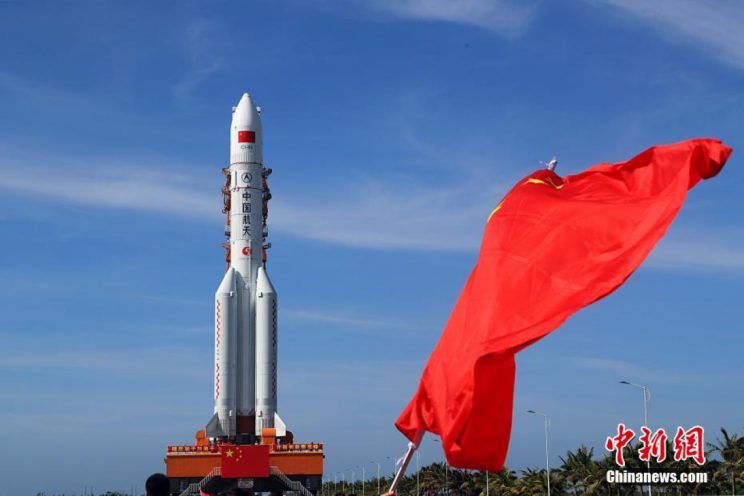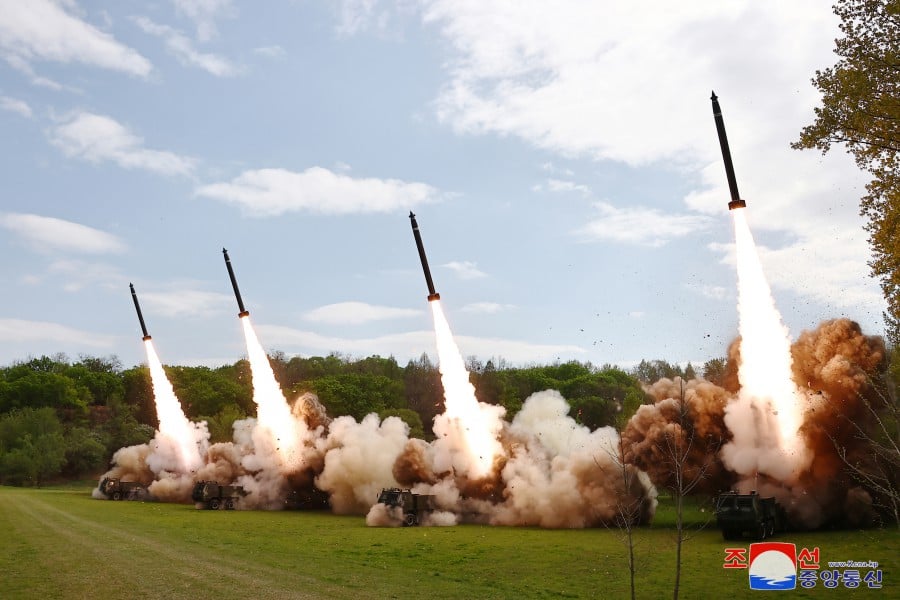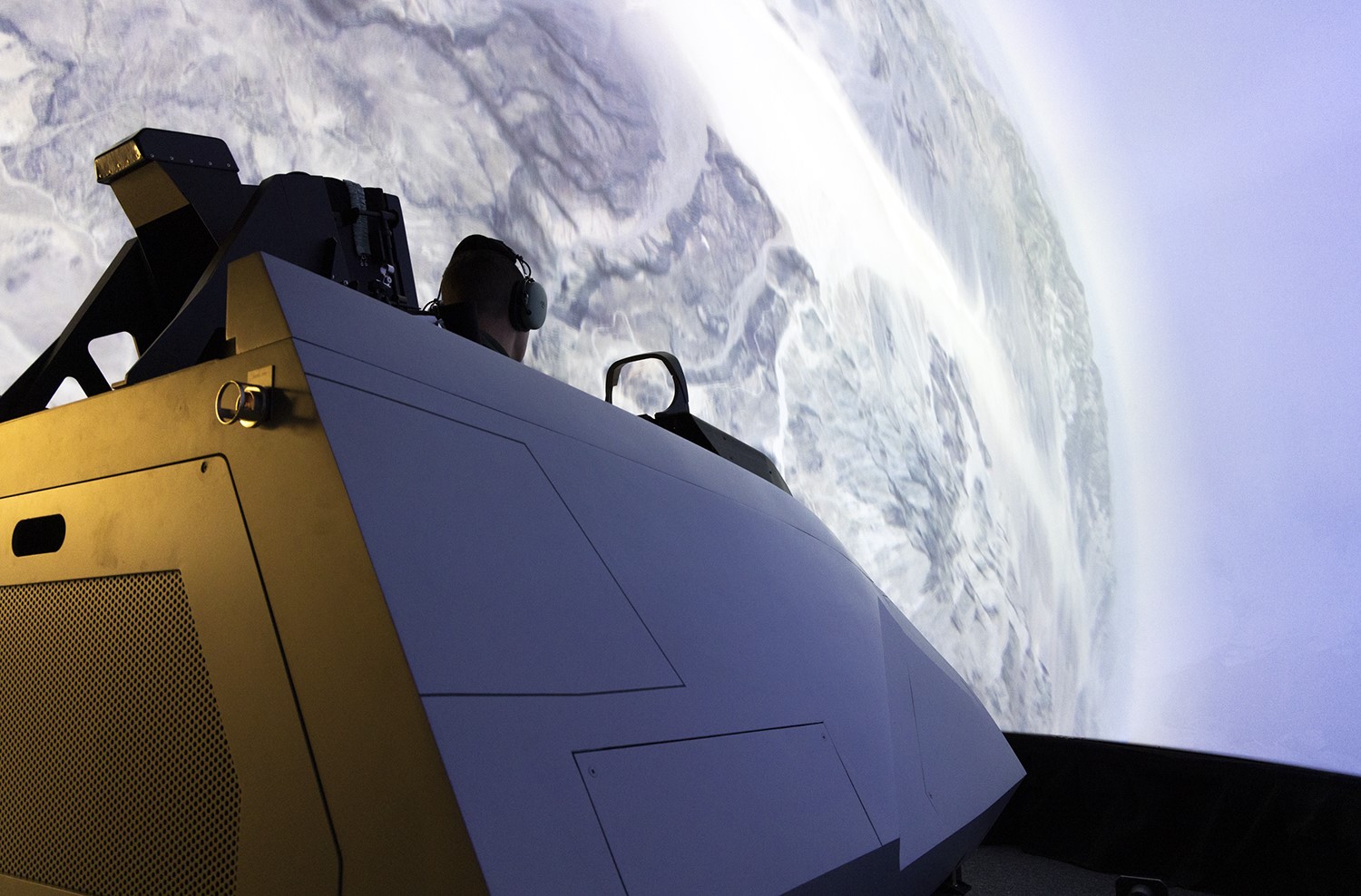
This post has been updated to correct comments attributed to Stephen Kitay to Stephen Ganote.
The way China is aggressively asserting itself in the South China Sea likely will be the way Beijing will behave in the increasingly contested domain of space, the executive secretary of the National Space Council said Monday.
“It’s hard to believe China’s behavior will be any better” in that domain than it is in the maritime, Scott Pace said. He cautioned transatlantic partners that “Europe is not exempt” from China’s effort to elbow its way into dominance in space.
“China is the most active in government areas” of all nations in expanding its space presence and that is coupled with an ambitious “privately-funded satellite” program to bolster its civilian industries, said Stephen Ganote, managing director of Avascent and author of a white paper for the council on space cooperation.
“The barriers for entry are lowering,” he said. Ganote noted that SpaceX projects it will cost $2 million for its next launch. The projected cost of a government launch is $21 million.
With the increase in debris and more users there is a need for more risk for operators.
“There are no rules,” said Jean-Luc Bald, first secretary for space in the European Union delegation to the United States said. He stressed that he was not asking for a code but guidelines to for nations and corporations to follow that guarantee. The idea is “to promote responsible behavior in space,” he said.
“Were there war in space … the debris issue would be monumental” that could have an immediate impact on the global economy with long-lasting effects, Ganote said.
Space “is woven into our economy [from Global Positioning System to digital communications to supply chain data ], but “double that [importance] for national security.”
“We have to act; we have to change” the way the United States, NATO and the European Union operate in space in this new era, he said. In his remarks, Pace said the lack of coordination between the alliance and E.U. “could lead to gaps” even in Europe’s continental security that could be exploited by Russia or China.
The goal is to have a space policy between the union and the alliance that is “coherent, complementary and [promotes] interoperability,” Pace added. He and others said that all the actors needed to recognize the dynamic growth and innovation in the privatization of space and see where that meshes with security requirements.
“We can no longer just think about [launching] satellites into space…we have to think about resiliency,” on the government and private sector side, said Stephen Kitay, deputy assistant secretary of defense for space policy.
Ganote said that in addition to resiliency and the ability to maintain space-based services, attention needed to be paid on how satellites are operated in the government and private sectors. On the security side, he added that the alliance and E.U. needed to conduct military exercises with the same intensity and attention to details in space as they do with land and maritime exercises.
Lastly, he said attention needed to be paid to the supply chain involved in space operations and innovation. One of his slides said: “streamline excessive regulatory barriers” and “develop ‘trusted partners’ or ‘white list’ regimes” to spur development and more private sector involvement in security issues.
Pace said the administration is open to partnering with members of the EU and NATO and private firms in those nations in space ventures that are “beneficial to both.” He added an incentive to NATO members would be that more investment in space security on their part would help meet the targeted goal of 2 percent of Gross Domestic Product on security and that at least 20 percent of that go to force modernization.
“Partnerships are going to be a key element of success in an era of great power competition,” Kitay said.
As several panelists noted, space has been elevated in the national and international security discussion, with the activation of U.S. Space Command. Kitay added, “It’s of strategic importance to establish the Space Force, as the sixth [armed] force” in the Department of Defense. Jokingly, Ganote said the administration had the scars to show for the struggle on Capitol Hill and inside the Pentagon over the Space Force and that fight “is now in Congress’ hands.”
The House and Senate defense authorization bills have yet to be reconciled on establishing a sixth armed force similar to the Marine Corps in the Department of the Navy or keeping it inside the Air Force.





